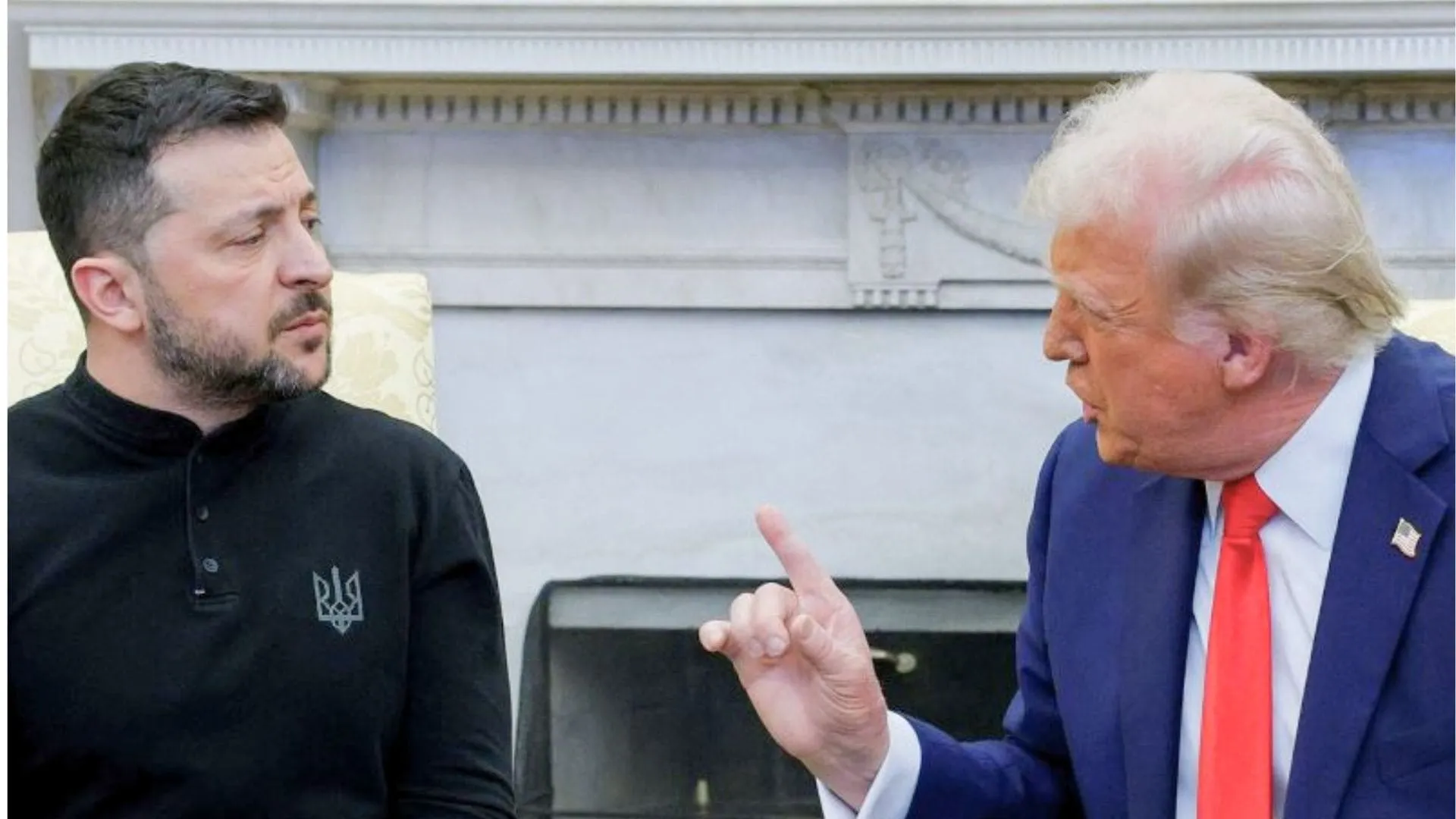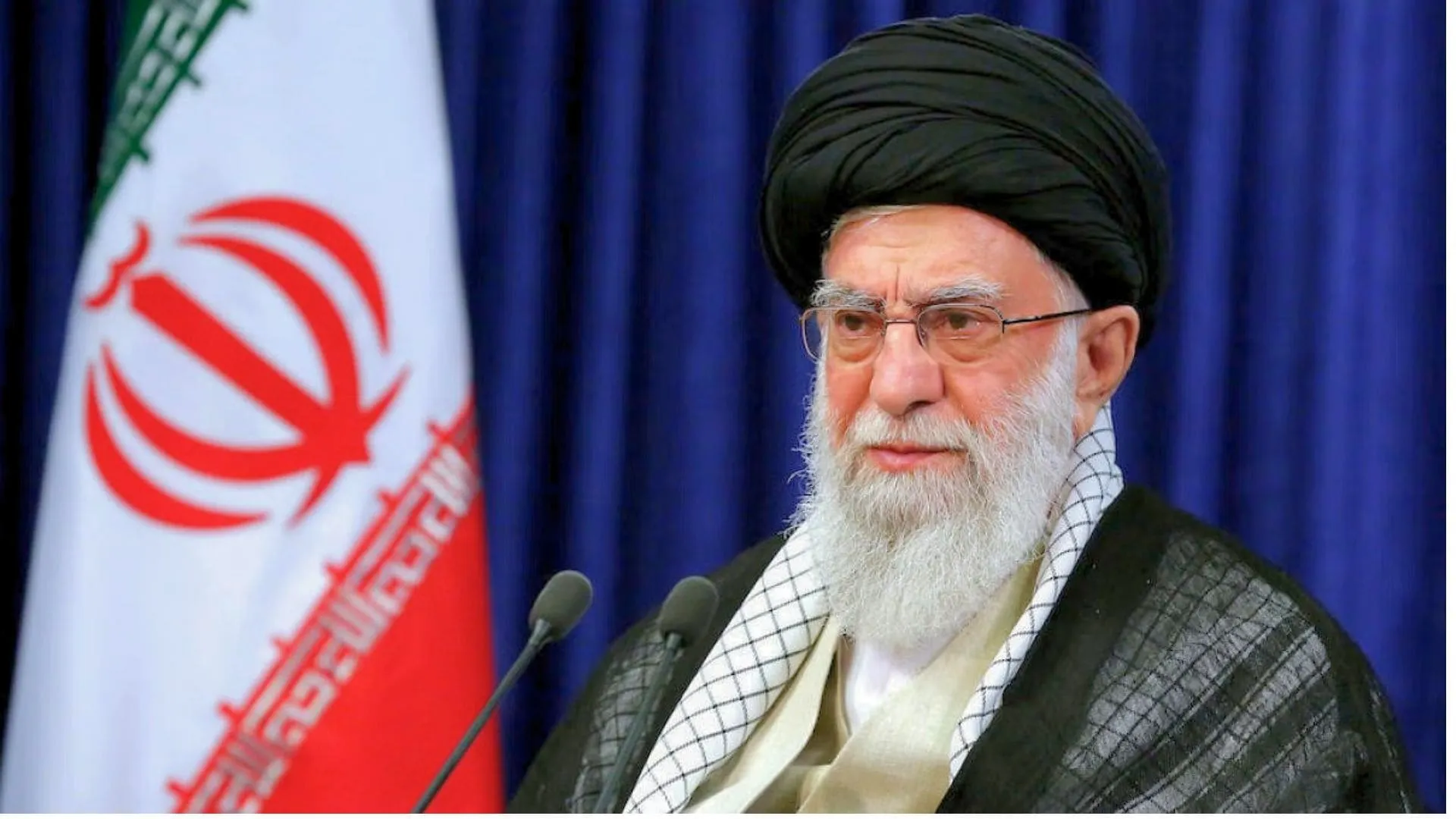A US judge has directed the Trump administration to preserve Signal app messages exchanged by top national security officials regarding a military operation against Yemen’s Huthi rebels. The order follows a The Atlantic report that revealed how its editor was mistakenly added to the chat group.
Accidental Inclusion of Journalist Sparks Scandal
The Atlantic disclosed that its editor-in-chief, Jeffrey Goldberg, was inadvertently added to a Signal group where National Security Advisor Mike Waltz and other officials discussed sensitive information. Some messages in the group reportedly vanished after a week, raising concerns about potential violations of federal records laws.
Court Orders Preservation of Messages
District Judge James Boasberg, who has clashed with Trump on previous cases, ruled that the government must preserve all Signal communications exchanged between March 11 and March 15, 2025. He also instructed the administration to submit a report by Monday detailing steps taken to ensure the messages’ preservation.
Details of the Chat Leaked
The Atlantic published the full chat, revealing messages where Pete Hegseth disclosed strike timings, plane details, and missile types hours before the attacks. Waltz even provided real-time intelligence on the aftermath of one strike.
Trump Dismisses the ‘Witch-Hunt’
Donald Trump dismissed the controversy, labeling it a “witch-hunt” and blaming Waltz for the breach. Trump insisted that no classified information was shared and rejected calls from Democrats for top officials to resign.
Bipartisan Call for Investigation
Amid rising concerns, Senate Armed Services Committee leaders Roger Wicker (Republican) and Jack Reed (Democrat) urged the Pentagon to investigate the breach. They highlighted concerns about the use of unclassified platforms to discuss sensitive military operations.
Impact on US-Huthi Relations
The incident comes as Washington continues its military pressure on the Huthis, who have targeted US warships and Israeli sites in response to the Gaza conflict. US Attorney General Pam Bondi, however, ruled out a criminal investigation, emphasizing that while the information was sensitive, it was not classified.









